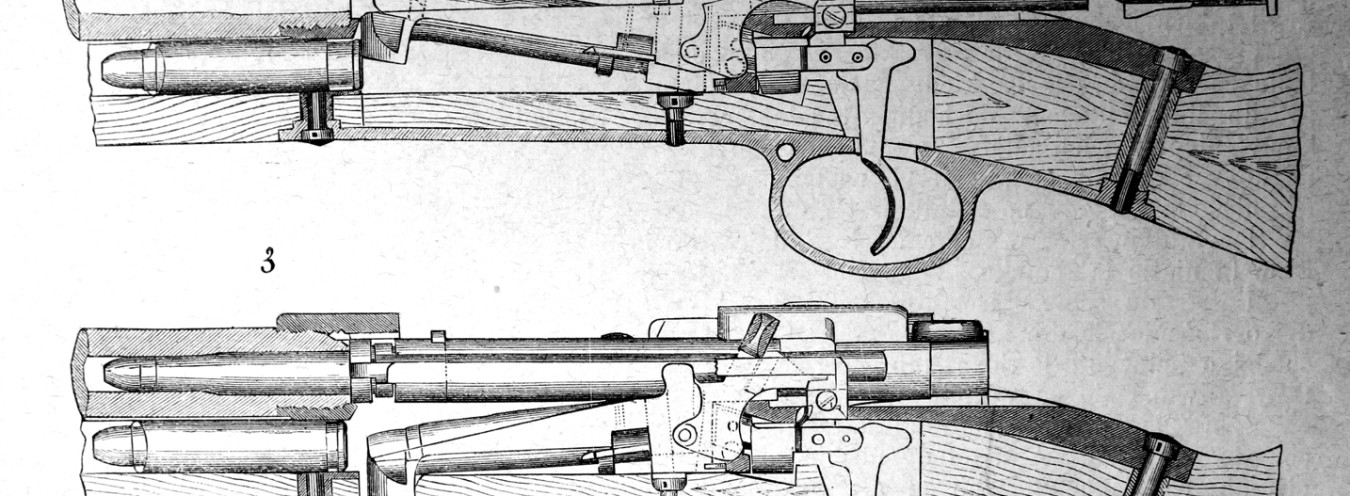
Suzin
In The Doll, Suzin is the only Russian character, and Prus portrays him with sympathy. He is stout but not tall, with a gray beard and hair; he behaves in a friendly and direct way. He dresses in a tasteless manner and is bejewelled with gold rings and charms. He is a self-made millionaire and a typical nouveau riche: he is uneducated, does not speak any foreign language, according to him, flying a balloon is both unbecoming to a Christian and a buffoonery that compromises a serious man.
He is a merchant and he conducts large-scale transactions in various lines of business, ranging from haberdashery to ships. Yet trade in arms is his most important source of income, and the Russian government is his main buyer. He can take advantage of an opportunity, but he is always loyal to his partners and he can reciprocate their favours. He values his social standing, and he is convinced that a millionaire deserves respect.
In Siberia, he met Stanisław Wokulski, who became his friend and partner in important ventures.
Suzin’s language is worth special attention. His utterances are grammatically correct and free from common borrowings, but Prus uses a special stylisation, introducing literal translations of Russian phrases such as you little pigeon or natural born father. Without the knowledge of Russian, it is difficult to understand phrases such as “bałaganowy skoczek,” which in Polish literally means an “disorderly jumper,” but actually refers to a fairground acrobat, as “bałagan” is a fairground booth in Russian (балаган). Thus, without introducing dialogues in Russian, Prus suggests that the conversations were conducted in this language. The character of Suzin is also related to the most intrusive interference of censorship. All of part 109, originally published in Kurier Codzienny (20 April 1888), which depicted Suzin’s stay in Warsaw, was deleted from the novel.
→ Aesopian language; → Russians in Warsaw; → Poles in Siberia; → Wokulski, Stanisław;



